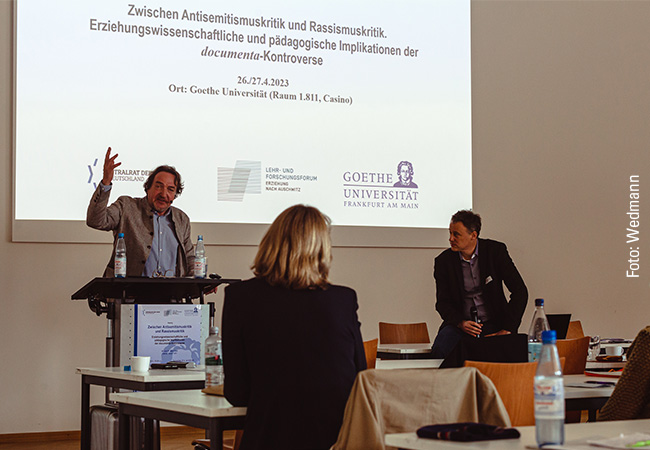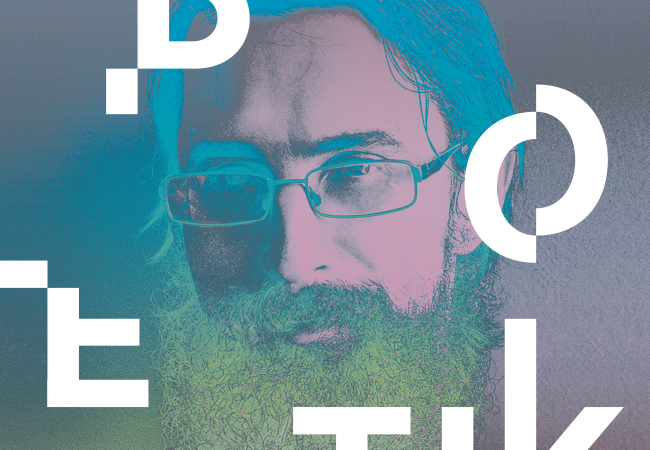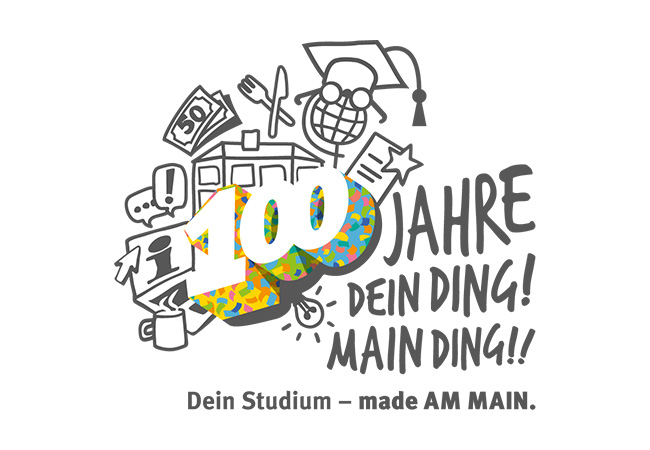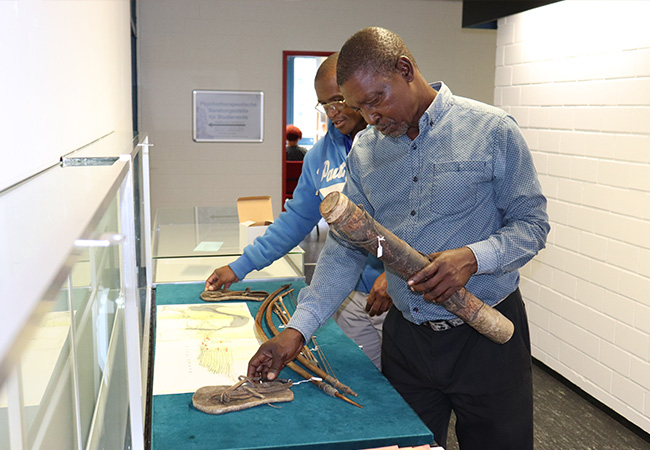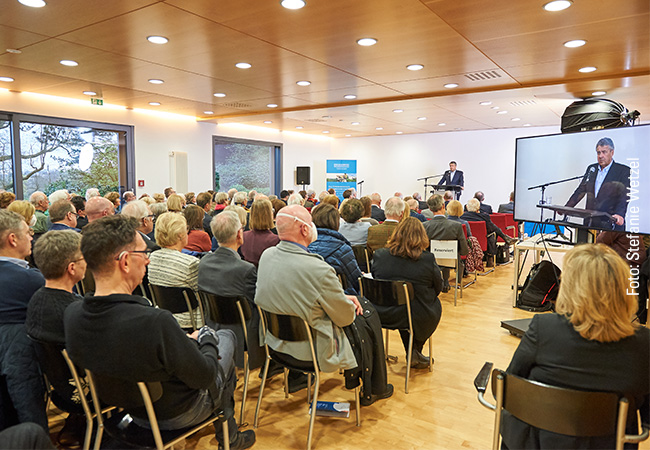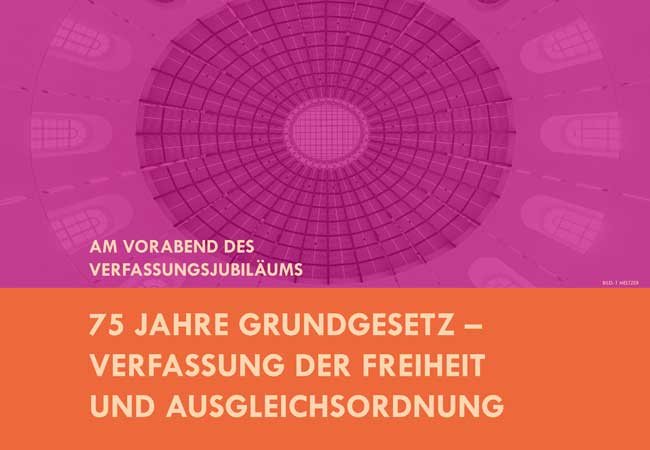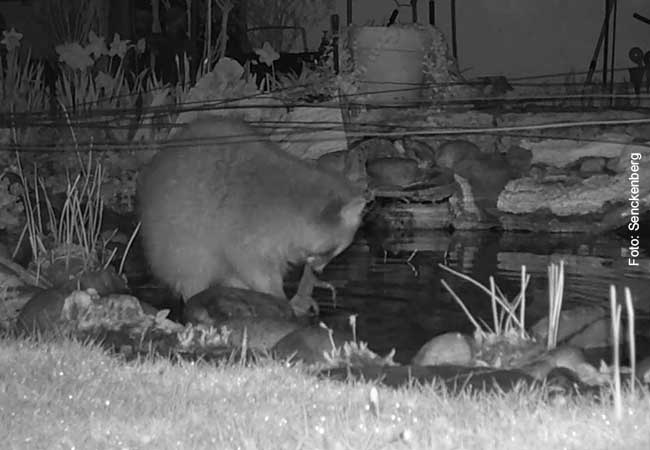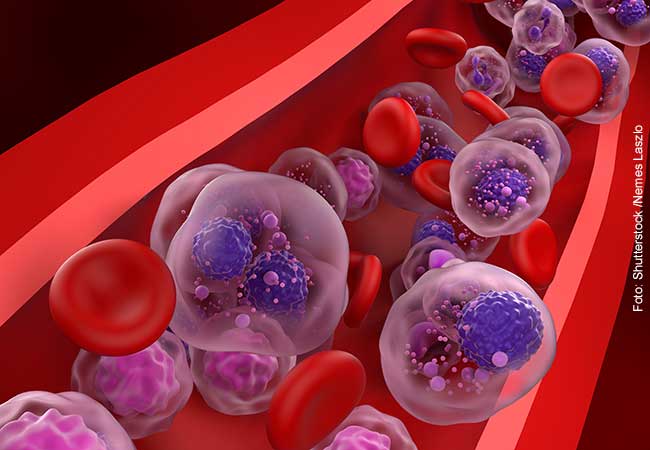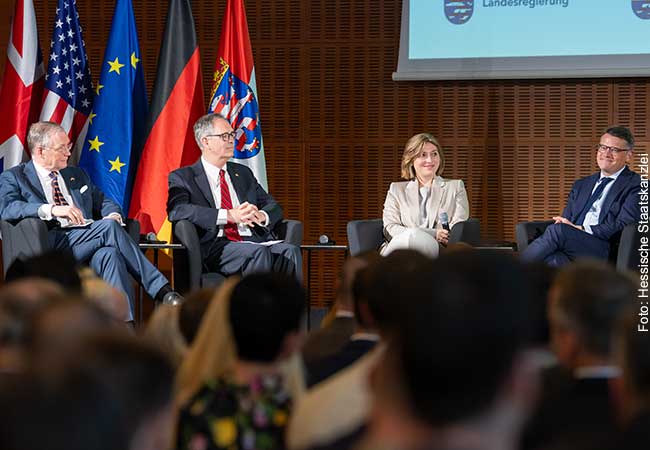Follow-up report on the first hearing by Wolfgang Meseth
In the wake of Theodor W. Adorno’s famous radio lecture on “Erziehung nach Auschwitz” [Post-Auschwitz Education], it was long undisputed that the critique of anti-Semitism and the critique of racism speak with one voice. Nowadays, this self-image is skewed, among others, by a conflict that was fought out in public in Germany about a year ago surrounding the documenta 15 exhibition in Kassel. The controversy constitutes a new peak in the development of the politics of remembrance, whose specific consequences on Germany’s political culture and pedagogy cannot yet be predicted in detail today. The reason why the conflictual potential of these constellations irritates the German remembrance landscape so much is that, in this debate, questions about the singularity and comparability of Nazi crimes, which characterized historians‘ disputes in the 1980s, seem to be entering a new round.
On April 26 and 27, experts from the fields of sociology, cultural studies and education came together at Goethe University Frankfurt to discuss the consequences this contradictory situation in the politics of memory has on historical-political education in Germany. The event was the first of four hearings in a series organized by the “Erziehung nach Auschwitz” Teaching and Research Forum at Goethe University’s Education Faculty, in close cooperation with the Jewish Academy in Frankfurt. The two-day event, which drew more than one hundred participants, opened with greeting remarks from Dr. Ina Hartwig, head of Frankfurt municipality’s department of culture and science, and Goethe University President Prof. Dr. Enrico Schleiff. Taking a sociology of knowledge perspective in the ensuing evening lecture, Prof. Dr. Natan Sznaider, senior ellow at the Vienna-based ifk International Research Center for Cultural Studies (University of Art and Design Linz), pointed to the location-bound nature of particular communities of memory, and contrasted the value of worldly openness with the concept of tolerance of ambiguity.
On the second day, Prof. Dr. Roland Reichenbach (University of Zurich) explored the educational theoretical foundations of the concept of critique, offering the discussion important perspectives for assessing the current controversy. Reichenbach argued in favor of distinguishing between criticism, opinion and judgment in the morally charged debate. His lecture was followed by Prof. Dr. Bettina Kleiner (Goethe University Frankfurt), who – using the example of the public controversy surrounding Michael Rothberg’s book „Multidirektionale Erinnerung. Holocaustgedenken im Zeitalter der Dekolonisierung“ [Multidirectional Memory. Remembering the Holocaust in the age of decolonization] – reconstructed the indissoluble interpenetration of memory-political and scientific perspectives on the relationship between the Holocaust and colonialism. It appears as though sharpening the view of these interpenetrating relationships is an important task not only for historical-political education, but also for science and the remembrance-political public – even if a more refined view has yet to be sufficiently implemented. Dr. Yael Kupferberg (Forschungsinstitut Gesellschaftlicher Zusammenhalt, Berlin) showed what a critical theory of education can do to elucidate not only the causes of anti-Semitism, but also the consequences of a medialization of Holocaust memory.
In the concluding lecture, Prof. Dr. Wolfgang Meseth (Goethe University Frankfurt) took up the concept of different perspectives, the conference’s central topic. Starting from the distinction between critique of knowledge, social critique and political activism, he illustrated how an ethical universalism – which the critique of anti-Semitism and the critique of racism appear to share – is halved in a particularistic way in the political struggle for recognition. The passionate debates about the conflicts of norms of anti-Semitism critique and racism critique, art, science, pedagogy and politics showed that the ability to analytically distinguish between political-activist, scientific, aesthetic and pedagogical perspectives on this conflict and at the same time handling these distinctions professionally in mediation processes can be considered some of the main tasks of historical-political education.
Prof. Dr. Wolfgang Meseth, „Erziehung nach Auschwitz“ Teaching and Research Forum, Faculty of Educational Science
Further dates of the hearing series:
July 10/11, 2023,
November 1-2, 2023,
January 31/February 1, 2024.


